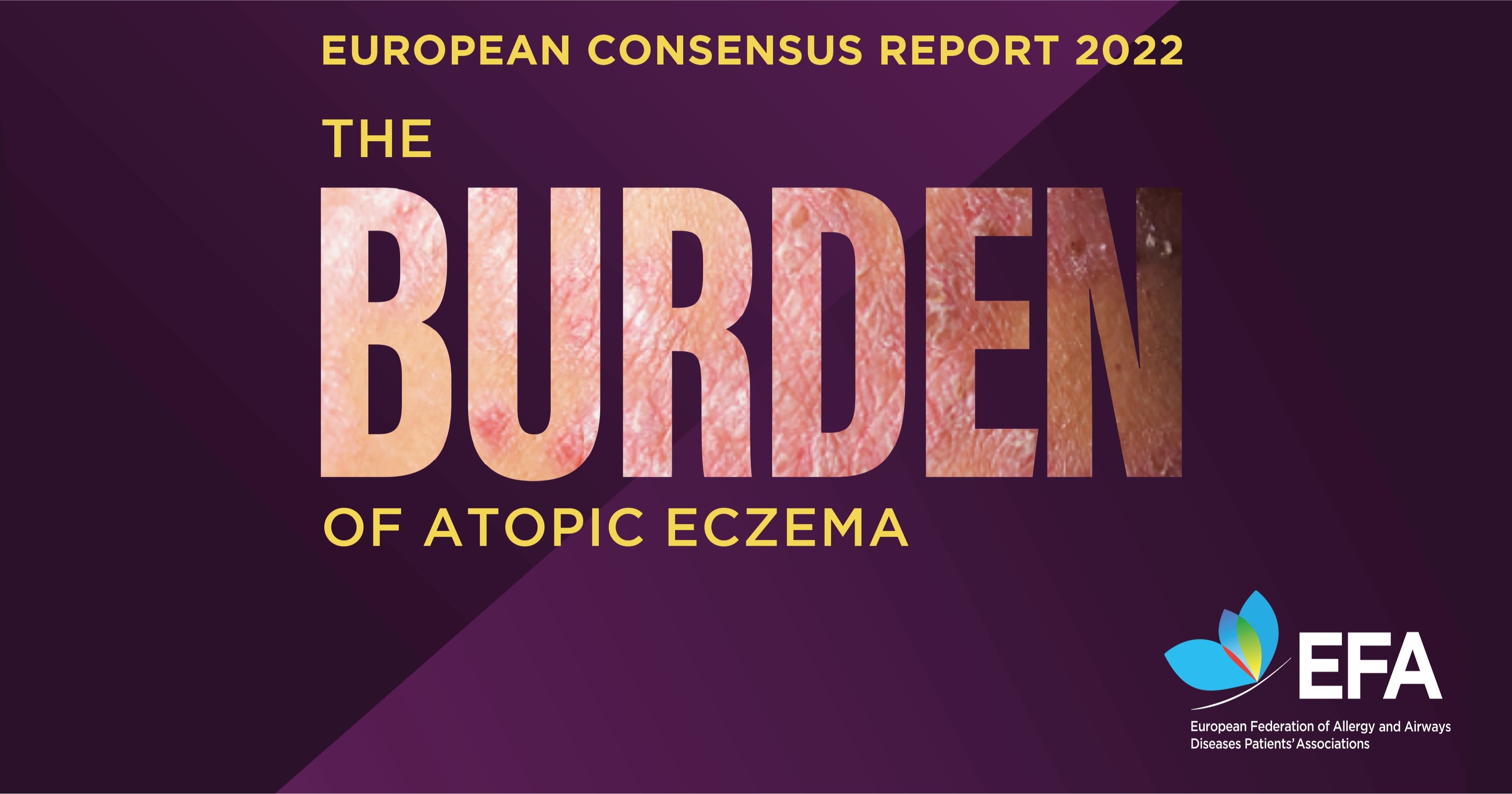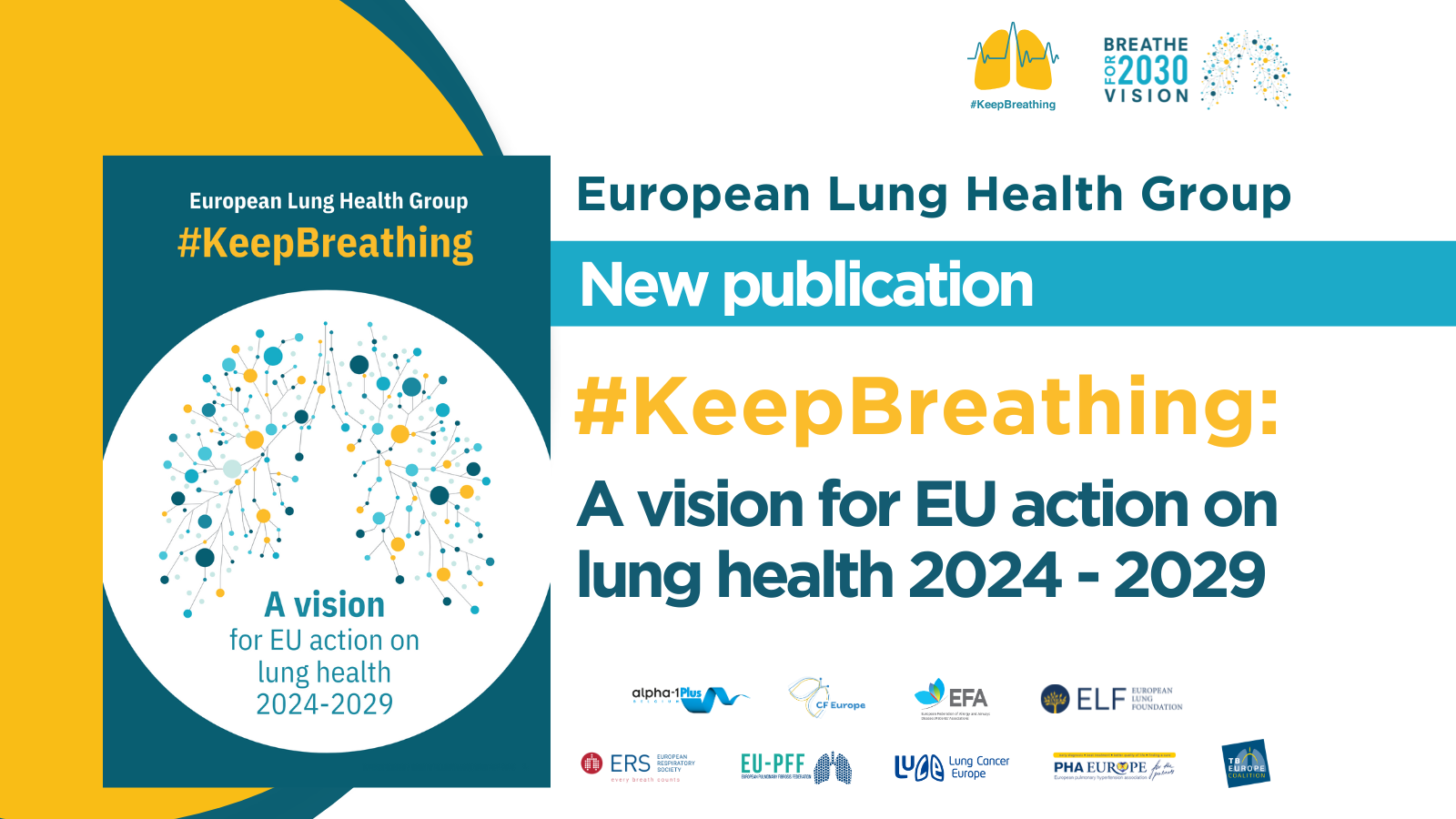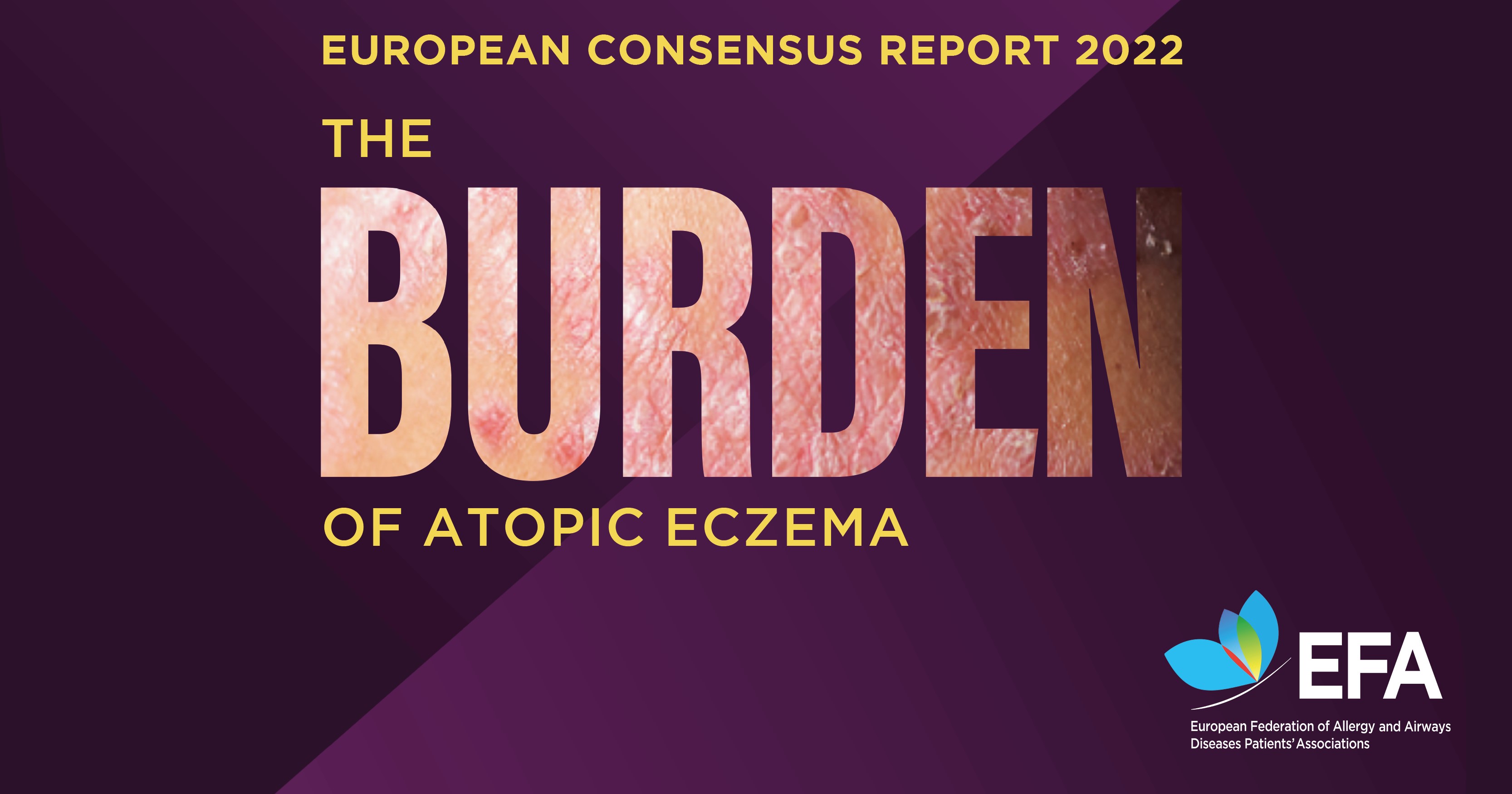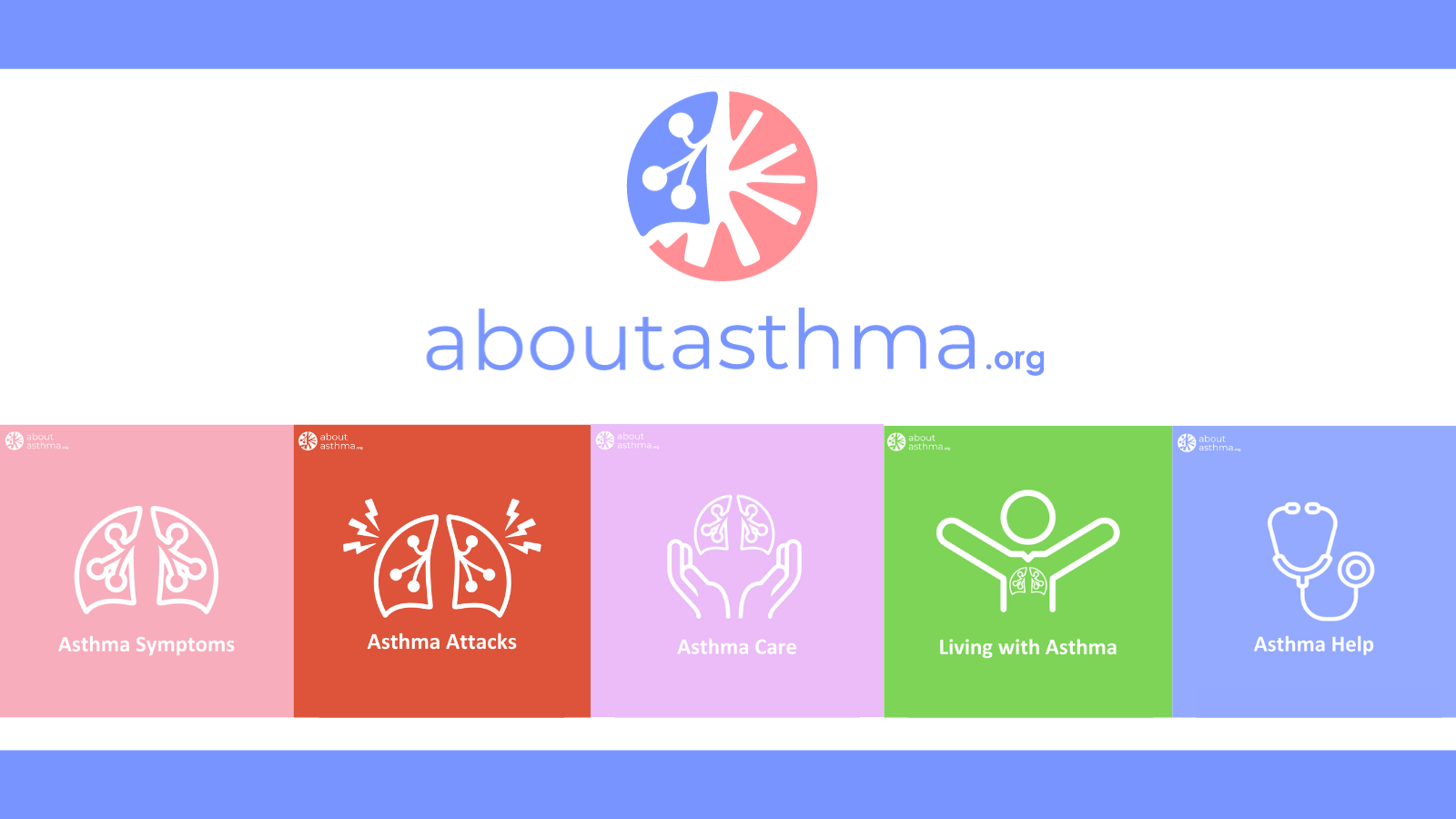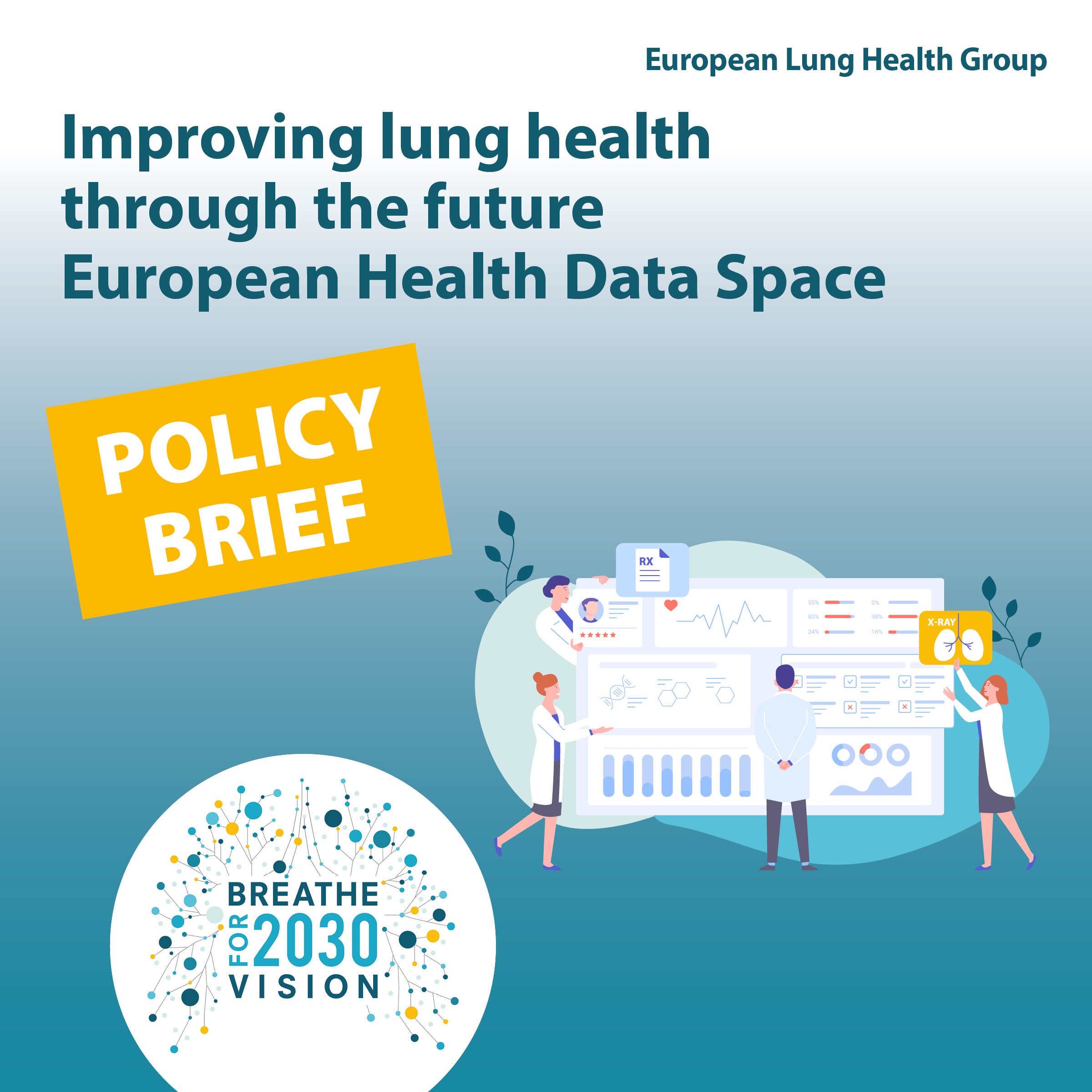According to the latest Eurostat report on European governments’ investemnt on health, social protection is the area where countries expend the most in all EU Member States. Although its importance varies from 28.6% of total general government expenditure in Cyprus to 44.4% in Luxembourg, the survey shows that eight EU Member States devoted more than 40% of their expenditure to social protection. Social protection expenditure can be further broken down into nine detailed groups, this includes pensions, sickness and disability, family and children, unemployment etc.
Expenditure related to health comes second in 11 EU Member States:
- Austria (15.6%),
- Czech Republic and Ireland (both 17.4%),
- Denmark (15.3%),
- Finland (14.5%)
- France (14.2%).
- Germany (15.8%),
- Lithuania (15.9%),
- the Netherlands (17.7%),
- Slovakia (health accounted for 18.3% of total general government expenditure in 2013),
- the United Kingdom (16.7%),
Despite significant amounts are spent on social protection including healthcare, major health problems remain in in some of the EU Member States.
Looking at the statistics, this might be explained by the fact that between 70 to 80 percent of healthcare budgets across the EU are currently spent on treating chronic diseases. And of healthcare budgets in general, 97 percent are spent on treating patients both with acute and chronic conditions, whereas only 3 percent is spent on prevention, with chronic diseases being among the most preventable illnesses.
However, the World Health Organisation (WHO) is challenging this trend. According to the latest report, investing in public health generates cost-effective health outcomes and can contribute to wider sustainability, with economic, social and environmental benefits. The WHO cost effective interventions for non-communicable diseases include tobacco and alcohol legislation, reducing salt and increasing physical activity. Also interventions that focus on addressing social and environmental determinants (such as promoting walking and cycling, green spaces, safer transport and housing interventions) are shown to have early returns on investment, with additional social and environmental benefits.
For more information please read the reports published by Eurostat and WHO.

